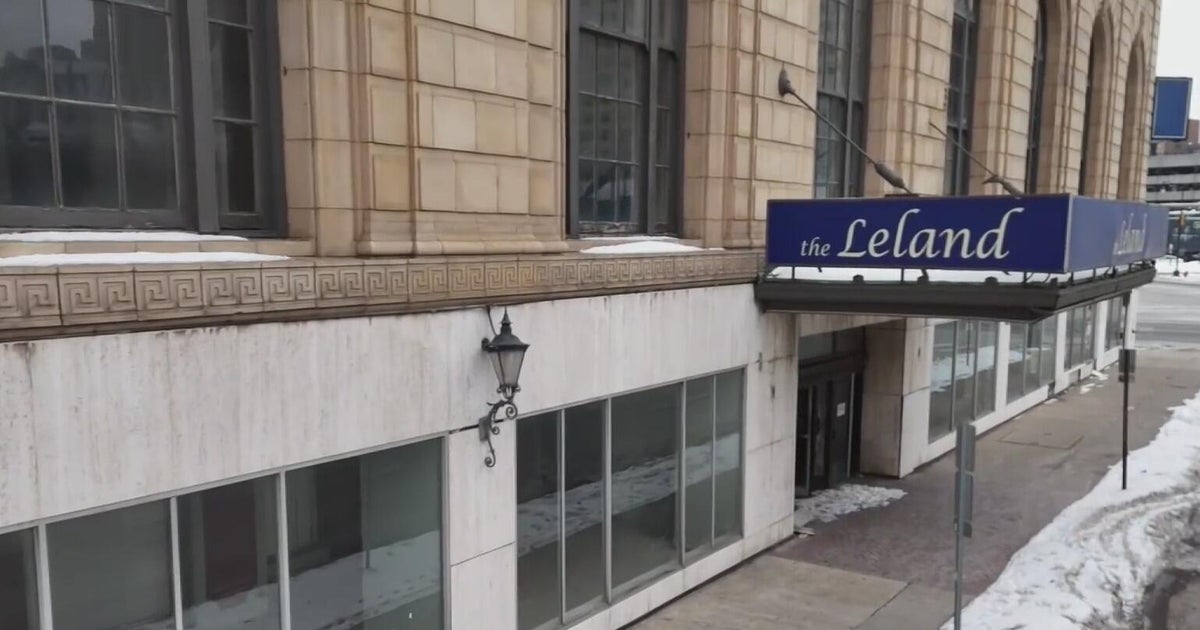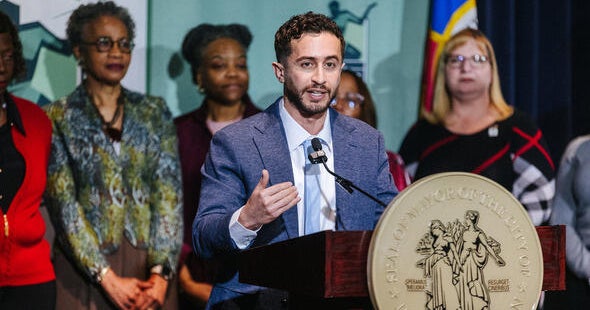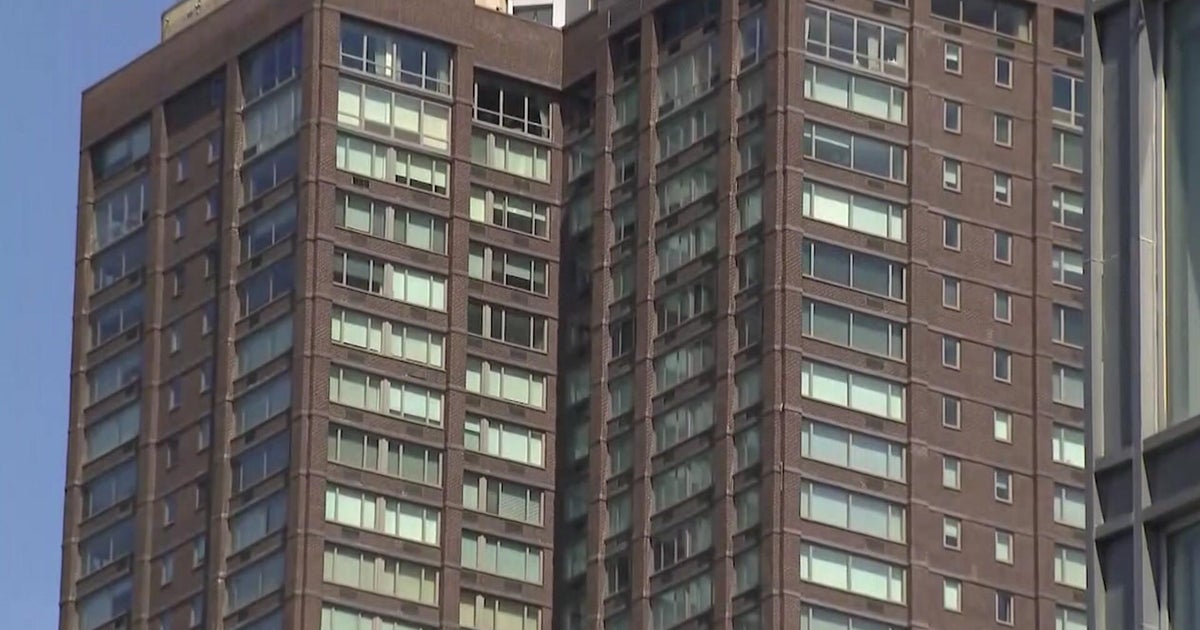Detroit Workers' Salary, Benefits Cuts Pending
DETROIT (AP) - Proposed cuts to Detroit municipal workers' pay and benefits had not taken effect Friday, despite Mayor Dave Bing's urgency in imposing the new contracts he said would help the struggling city save more than $100 million a year.
City workers have been expecting cuts as Bing's office tries to slash a budget deficit topping $200 million. Under the new contract, salaries will be cut by 10 percent and employees must come up with 20 percent of their medical costs. Bonus vacation days and annual increases to retirement plans have been eliminated.
Bing said Wednesday that the "tough" but "necessary" cutbacks would be implemented immediately. But one union leader said they have yet to be put in play.
"They are not going to save money immediately," said Ed McNeil, spokesman for the American Federation of State, County & Municipal Employees Council 25. "They haven't even done an open enrollment. They can't force people to stay in a health plan."
Under a financial stability agreement brokered between Bing and the state Treasurer's office - and with the blessing of state law - the first-term mayor allowed some contracts to expire June 30 and imposed the new, stricter terms without negotiating with city unions.
A spokeswoman for the mayor's office says the process leading to the cuts began Tuesday, and that changes to benefits are expected to start in about 90 days. Wage reductions will begin in three to four weeks, Naomi Patton said.
McNeil said the average salary in his bargaining unit is about $26,000 and that workers will see about a $6,000 reduction in what they make each year.
"These people aren't making any money," he said, adding that some are still claiming overtime.
Detroit police officers met Wednesday to discuss the new contracts. AFSCME union leaders met internally.
"We have not brought them together yet," McNeil said of the rank and file. "Right now, we're still looking at some other things we are going to do."
McNeil declined to detail those options.
It's illegal in Michigan for public employees to go on strike, although the tactic has been discussed at previous meetings.
Last November, bus drivers held a half-day work stoppage over safety concerns. Drivers also walked off the job in May 2007 over similar safety issues. They were promised more police protection both times and returned to the road.
Garbage collection was stopped and bus service shut down for 19 days during a 1986 strike by 7,000 workers over pay and other issues. Trash accumulated at a daily rate of about 4,000 tons during the heat of July and early August. In 1978, unions representing 1,700 workers held a three-day strike that stranded tens of thousands of bus riders and left garbage piled on city streets and alleys.
© Copyright 2012 The Associated Press. All Rights Reserved. This material may not be published, broadcast, rewritten or redistributed.







